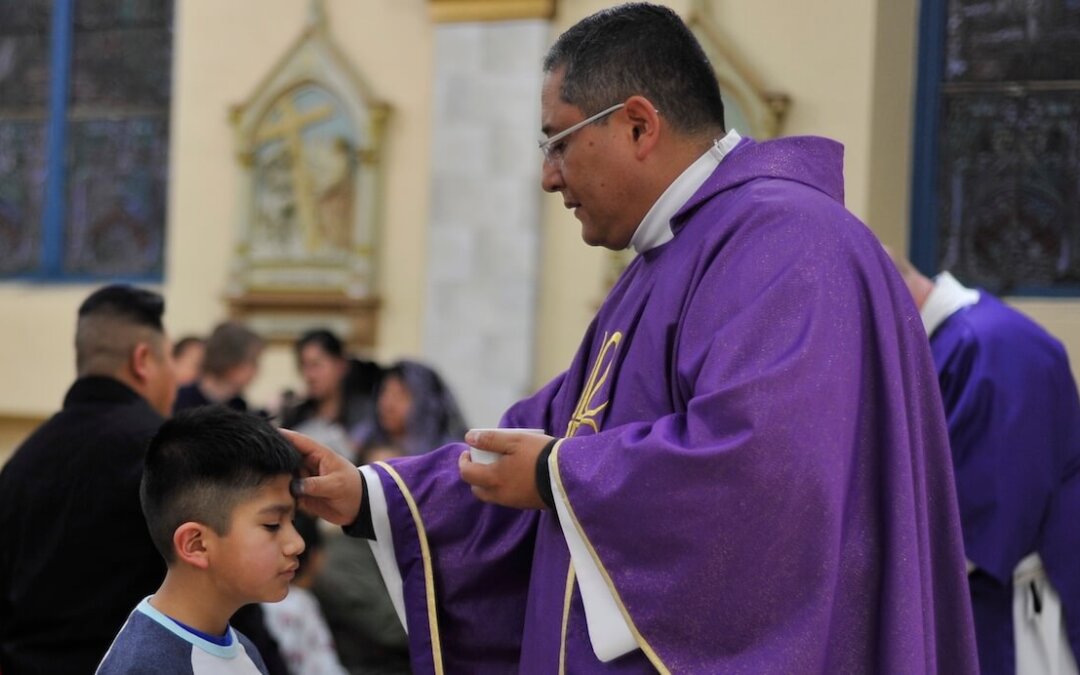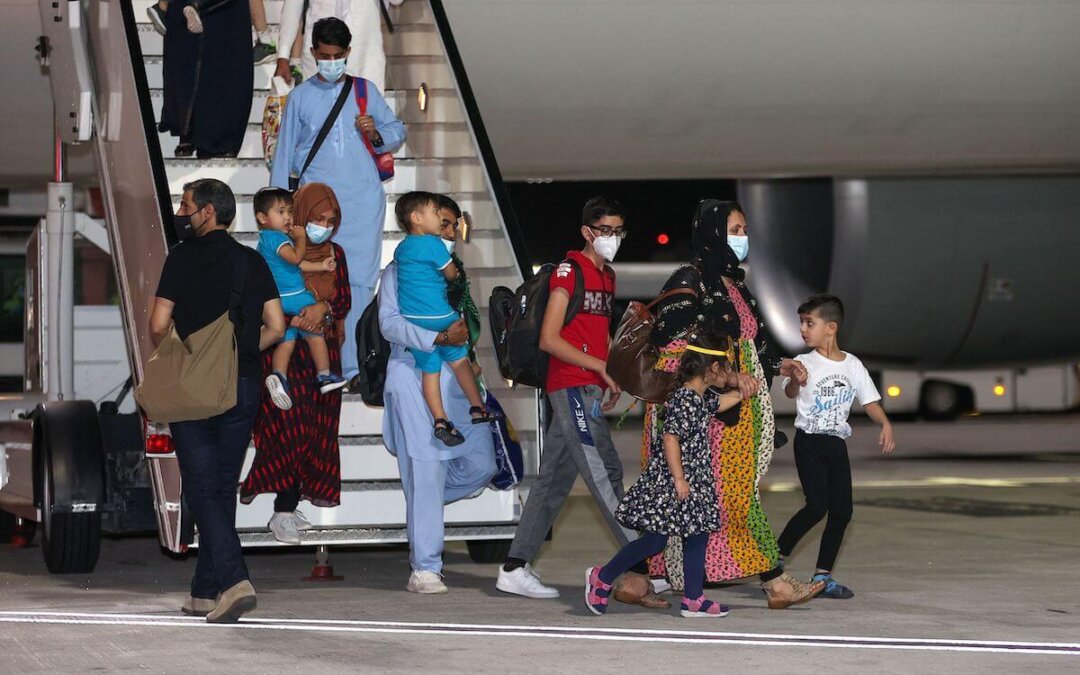
I have been helping my grandson with his schoolwork for about four hours and I am about to throw the iPad through the window. This is the beginning of the school year and I have no idea how we are going to do this.
While taking a break from class, I realized that I am not the only one frustrated; many of my friends are in the same boat. The thought of all the parents out there, trying to teach their children and having to work at the same time, has weighed heavy on my mind. What about those parents that do not have the language skills, technological know-how, nor understand the education systems their children navigate due to the pandemic?
COVID-19 has changed so many things in our lives, from using masks to nearly stopping the world around us. Virtual Return to Learn 2020 in Des Moines for instance is online only, keeping thousands of kids at home instead of going to school in person. This week has been a challenge for many to say the least. It has put parents and caretakers to the test with the goal of keeping children safe from the virus.
[inline-ad id=”1″]
Iowa school districts began preparing for the return to school months in advance, and it seemed that state and local officials agreed on how to proceed. Des Moines district’s plan included two options, learning remotely only, or attending school one or two days a week.
Contrary to the original instructions given to school districts by state officials, Gov. Reynolds decided that all students should attend school in person, following President’s Trump push for reopening the economy and schools as the country became the epicenter of the pandemic.
Now, if we think parents are having a hard time with helping their kids with virtual classes, imagine the degree of difficulty for those immigrant and refugee parents with limited English skills, the same ones that were vulnerable to start with. How has this week been for them?
[inline-ad id=”2″]
James Aguek, Director of the Abyei-Ngok Community Association, a nonprofit organization that assists South Sudanese refugees and others told me, “The South Sudanese Refugee community struggles with language barriers, long working hours and everything in between.”
Some Sudanese parents shared their struggles with helping their children with school. Yohana Kat and his wife Mary Mayth have been in Des Moines for close to three years — their knowledge of the English language is limited. They have six children ranging from 10th to 5th grade and two small kids. Both parents work long hours to make ends meet, which makes it extremely difficult for them to supervise their children’s virtual schoolwork. They are stressed out and do not know what to do.
Yohana and his wife considered quitting one of their jobs, but if they do, their family may not be able to pay some of their bills.
“I don’t know what we are going to do or who to blame, but all I know is that this pandemic has just put my children in the same situation I was in during the war in South Sudan,” Yohanna said, referring to how he wasn’t able to go to school because he feared for his life.
On August 20, a member of their organization posted this announcement on social media: “The virtual classes and this school year are going to affect some of our South Sudanese families, especially the first generation immigrants parents with limited English, those who may lack technological knowledge and families where both parents work in assembly lines who are unable to be present at home.”
There were fifty-five replies agreeing with the statement. Although organizations like ANCAUS want to help, they do not have the space nor the resources to help their community members in need.
[inline-ad id=”3″]
I spoke to Laura McAtee, Des Moines Public Schools’ bilingual family liaisons’ supervisor. She shared the current district’s statistics to help paint a picture of the situation during the return to learn school year. Almost 20% of the students that come from second-language families. More than 100 languages are spoken in the households (about 7,000 ELL students out of 32,000), and there are about 50 ELL secondary and 150 ELL primary teachers.
“Although we want to help all students, it is hard to accomplish that when we have so many different scenarios, from stay home parents to others that have no choice but to go to work, but we have created many materials and tutorial videos in different languages in order to help our ELL families. We have videos to help them learn about technology, or they can call with questions,” said McAtee.
Unfortunately, even when the immigrant and refugee population continue to grow, the ELL program’s budget has been reduced in the past few years. The district has about half of the liaisons they used to have to assist these families on a regular basis.
[inline-ad id=”4″]
In addition to the videos, the district provided all students with laptops and internet connection. ELL students attend regular classes in the morning and if the parents consider their kids need additional help, they can request help in the form of online small groups or one-on-one help in the afternoon.
Bilingual liaisons and ELL teachers are passionate people that go the extra mile to help not only their students, but entire families. Still, even the dedication and commitment of these amazing individuals, the lack of resources and government support continues to negatively impact some of the most vulnerable in our communities.
I can’t help but to think that if the goal of the federal and state governments was to help the people they represent instead of winning the next elections, they would assist and provide the schools with the necessary tools to teach the next generations. It is sad to see that greed and power has consumed our leaders to the point that human lives and kids’ education are not important.
by Claudia Thrane
Posted 9/14/20
Iowa Starting Line is an independently-owned progressive news outlet devoted to providing unique, insightful coverage on Iowa news and politics. We need reader support to continue operating — please donate here. Follow us on Twitter and Facebook for more coverage.
Politics

Biden announces new action to address gun sale loopholes
The Biden administration on Thursday announced new action to crack down on the sale of firearms without background checks and prevent the illegal...

Biden cancels student loan debt for 2,690 more Iowans
The Biden administration on Friday announced its cancellation of an additional $7.4 billion in student debt for 277,000 borrowers, including 2,690...
Local News

No more Kum & Go? New owner Maverik of Utah retiring famous brand
Will Kum & Go have come and gone by next year? One new report claims that's the plan by the store's new owners. The Iowa-based convenience store...

Here’s a recap of the biggest headlines Iowa celebs made In 2023
For these famous Iowans, 2023 was a year of controversy, career highlights, and full-circle moments. Here’s how 2023 went for the following Iowans:...




